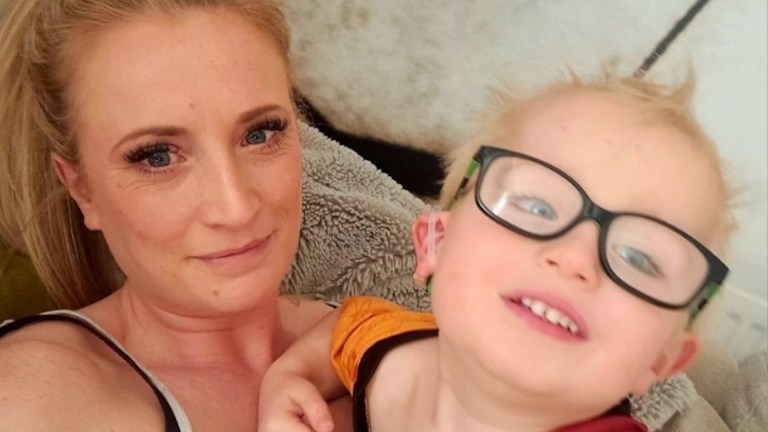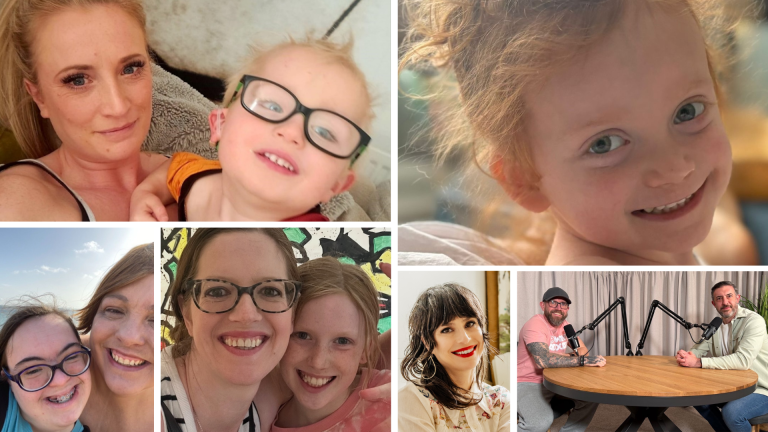A spokesperson for the Department for Work and Pensions said: “No child should be in poverty – and we are committed to ensuring that children across the country have the best start in life.”
It has established a taskforce to begin the “urgent work of developing an ambitious child poverty strategy, looking at all available levers across government to help tackle the crisis”.
But Labour is yet to commit to ending the two-child benefit cap, despite recent research from the Resolution Foundation showing that 490,000 children could be lifted out of poverty immediately if it was dropped.
Dan Paskins, the chief executive director of policy, advocacy and campaigns at Save the Children, says “no child poverty strategy will be credible unless the two-child limit is scrapped at the Autumn Budget”.
The move would come at a cost of £3.6bn for the next financial year, but that is around 1% of the welfare bill and could mean significant savings for public services. The long-term costs of entrenched child poverty are “staggering” at around £39bn annually, according to the Child Poverty Action Group.
“The two-child-limit punishes children just for having siblings. Scrapping it would be the first major step to deliver on the aims of the child poverty taskforce,” Paskins aded.
Advertising helps fund Big Issue’s mission to end poverty
Ellen takes part in the Benefit Changes and Larger Families project, a project funded by the Nuffield Foundation investigating the impact of the two-child limit and benefit cap on larger families.
Its research shows that the two-child limit is not meeting its aims of incentivising people into work. Instead, families are experiencing “extreme hardship” which impacts their health and pushes them further away from the workplace.
Ellen says she would like to work but she “wouldn’t even know where to start right now”. She used to work in insurance but had to give it up because they would not adjust her hours so she could pick up her children from school, and she could not find affordable childcare.
She would love an employer to give her an opportunity to volunteer in their workplace for a week and she would “organise that place so well, just to show my worth and how good I am”.
Until she can find employment, Ellen has will have to claim universal credit to support her family – but it is too low to cover their basic costs and that takes its toll on her mental health.
“It does affect me. I’m in a little bit of debt to my family. I owe some money to my landlord as well. There’s been times that I’ve been asleep at night, and my eyes are still open at two or three in the morning, thinking about the debts that I owe,” Ellen says.
Advertising helps fund Big Issue’s mission to end poverty
“I’m just making ends meet. I’m not saving. I’ve lost so much weight recently due to the breakup and the financial situation. I’d rather not take his help for what he wants in return for it. So it’s been really daunting, honestly. Mentally, it does affect me.”
It is particularly difficult over the summer holidays – without free school meals, new school uniforms needed and hopes for days out.
“I wish the situation was better,” Ellen adds. “Before I shop, I have to make sure I know what amount I’ve got and what I can spend. There’s people out there that just tap their card. I wonder what that’d be like just going in somewhere and not look at your bank account before you buy something. That’s a luxury.”
Ellen would like to see the government properly assess how much money people need to live. The Joseph Rowntree Foundation estimates that the standard rate of universal credit falls short by around £120 each month for people just to afford the essentials.
Alongside the two-child benefit cap being scrapped, many organisations – led by the Joseph Rowntree Foundation and Trussell Trust – are calling for an ‘essentials guarantee’ implemented in universal credit so people can at least afford the basics.
“I just wish that they would really assess the costs out there for a family to live, and to bear in mind family days out and things like that,” Ellen says. “I wish they’d really assess the situation about how people are living with the money that’s being provided. These are families who can’t go out a lot. They don’t eat out a lot. They barely make ends meet.”
Advertising helps fund Big Issue’s mission to end poverty
Do you have a story to tell or opinions to share about this? Get in touch and tell us more. Big Issue exists to give homeless and marginalised people the opportunity to earn an income. To support our work buy a copy of the magazine or get the app from the App Store or Google Play.









